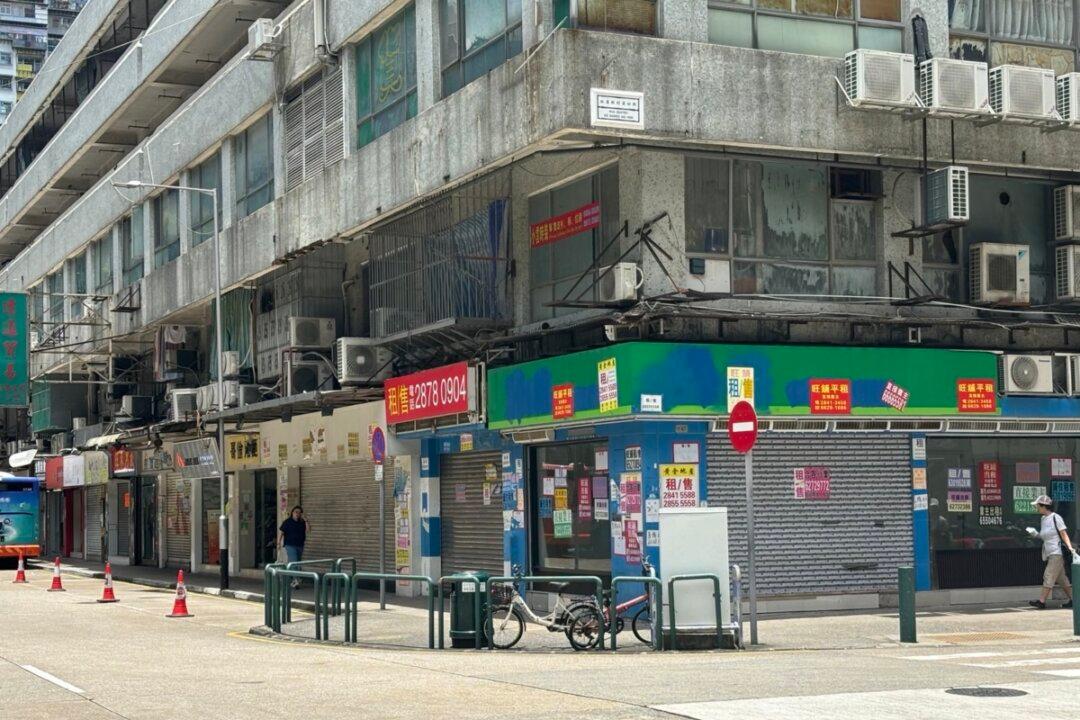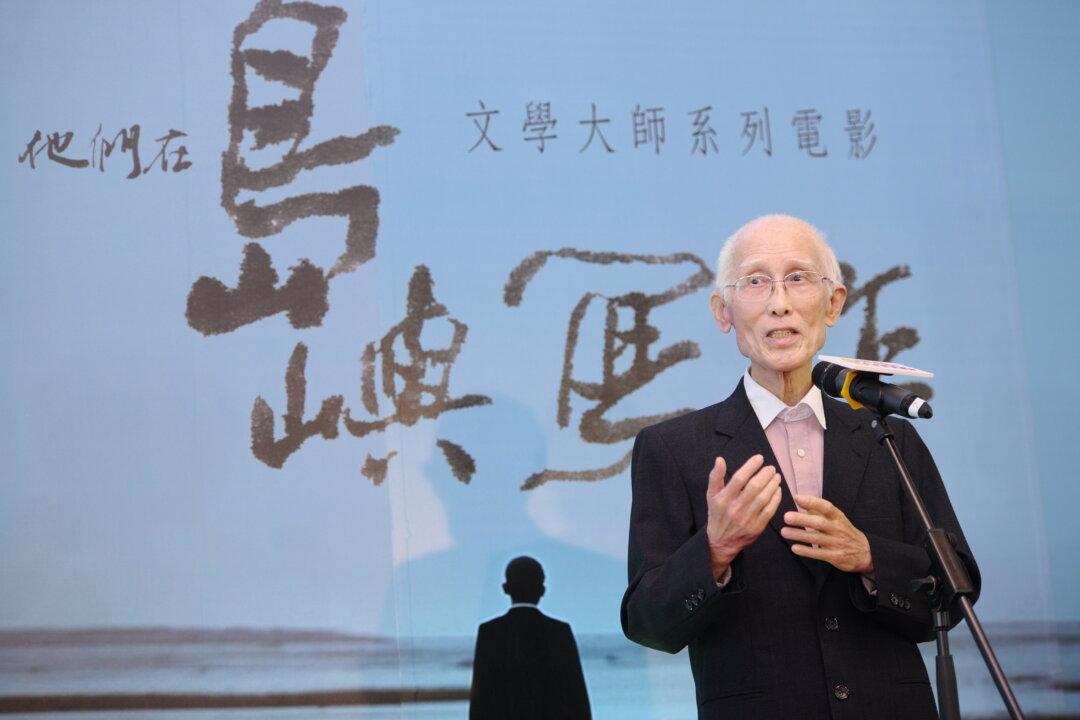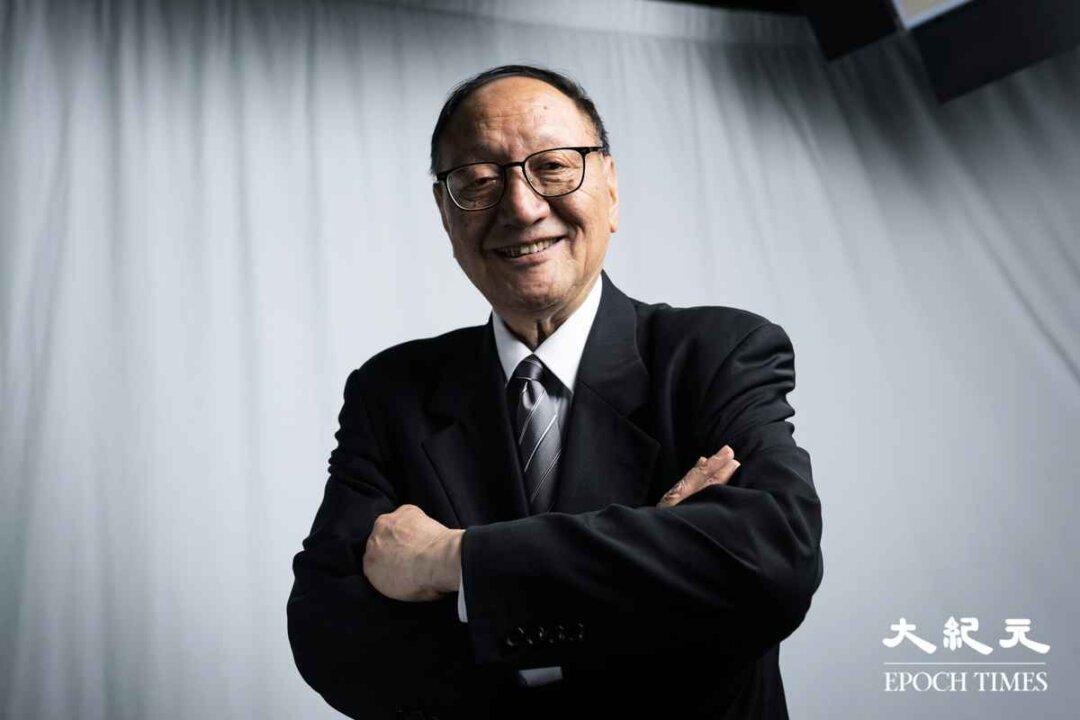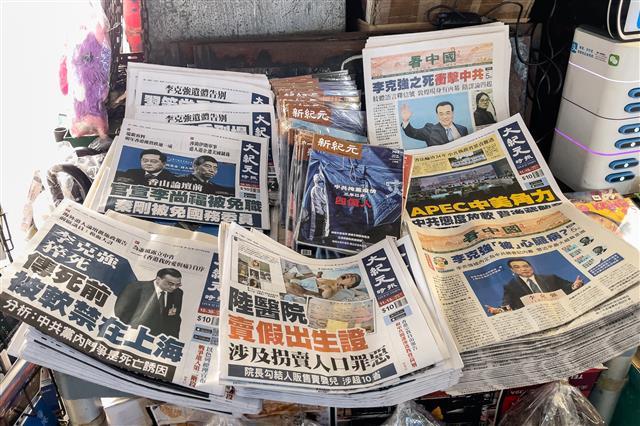The first final appeal case against Hong Kong’s tiered sentencing system under the National Security Law (NSL) was decided on Aug. 22. Lui Sai-yu, a student at Hong Kong Polytechnic University (HKPolyU), was charged with “inciting secession” and sentenced to 2022. Although he pleaded guilty, the Court of Final Appeal (CFA) ruled that he was not entitled to the customary “1/3 reduction in sentence for pleading guilty.” He was ultimately sentenced to 5 years in prison.
This verdict is expected to set a threshold for sentencing in cases under Hong Kong’s national security laws. Some legal community members believe that the case has far-reaching implications, and the uncertainty of the court’s decision to commute the sentence is tantamount to spreading fear and creating a chilling effect, which is highly detrimental to Hong Kong.




